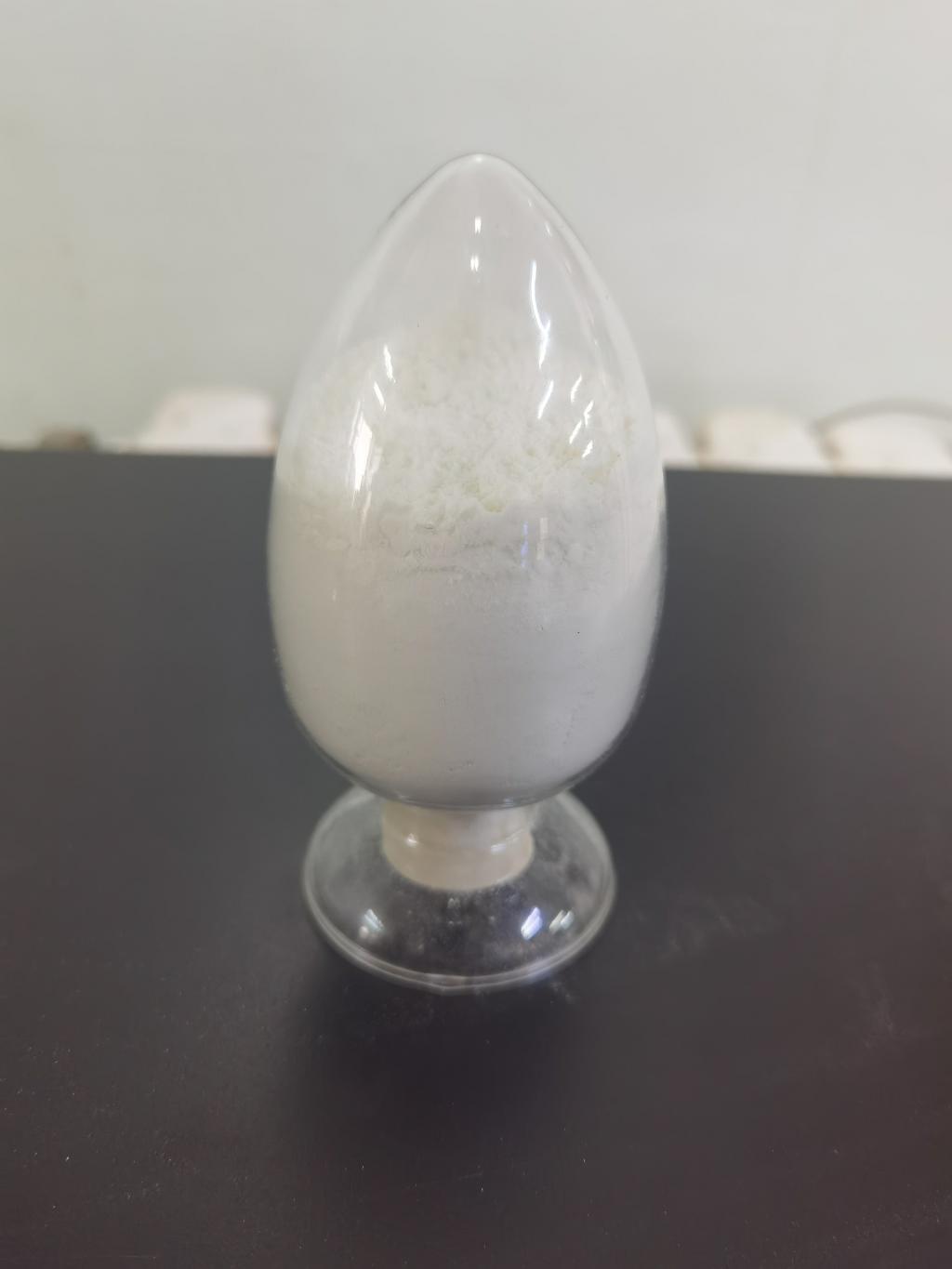Tel:0086 18231198596

News
Precision Solutions in Livestock Nutrition: ε-Polylysine Hydrochloride for Optimal Health
TIME:2024-03-04
I. The Importance of Precision Nutrition in Livestock:
Precision nutrition in livestock involves tailoring the diet to meet the specific nutritional needs of each animal, optimizing growth, reproduction, and overall health. With advancements in scientific research and technology, farmers are increasingly adopting precision nutrition strategies to enhance productivity while minimizing resource inputs and environmental impact.
II. ε-Polylysine Hydrochloride: An Overview
Natural Antimicrobial Agent:
ε-Polylysine hydrochloride is a natural antimicrobial agent derived from the fermentation of Streptomyces albulus. Its antimicrobial properties make it effective against a wide range of bacteria, molds, and yeasts, contributing to the health and safety of livestock.
Biodegradable and Safe:
Being biodegradable and safe for consumption, ε-Polylysine hydrochloride aligns with the principles of sustainable and responsible farming practices. Its natural origin and safety profile make it an attractive alternative to synthetic additives.
Stability and Compatibility:
ε-Polylysine hydrochloride exhibits stability under various environmental conditions, including temperature and pH fluctuations. Its compatibility with different feed formulations allows for seamless integration into livestock diets.
III. Livestock Nutrition Applications of ε-Polylysine Hydrochloride:
Disease Prevention and Control:
The antimicrobial properties of ε-Polylysine hydrochloride play a crucial role in preventing and controlling diseases in livestock. By inhibiting the growth of harmful microorganisms, it helps maintain a healthy microbial balance in the gastrointestinal tract.
Improved Feed Efficiency:
Incorporating ε-Polylysine hydrochloride into livestock feed has been shown to improve feed efficiency. Livestock can better utilize nutrients from their diet, leading to enhanced growth rates and optimized production outcomes.
Reduced Dependence on Antibiotics:
The antimicrobial action of ε-Polylysine hydrochloride provides an alternative to antibiotics in livestock nutrition. Reducing the reliance on antibiotics aligns with the global efforts to address antimicrobial resistance and promotes the sustainable use of resources.
IV. Impact on Livestock Health:
Gut Health Promotion:
The gut microbiome plays a crucial role in livestock health and nutrient absorption. ε-Polylysine hydrochloride promotes gut health by selectively inhibiting harmful bacteria, allowing beneficial microorganisms to thrive and contribute to optimal digestion.
Stress Reduction:
Livestock can experience stress due to various factors, including changes in environment or dietary shifts. The use of ε-Polylysine hydrochloride has shown to mitigate stress responses, contributing to overall well-being and performance in livestock.
Immune System Support:
A healthy gut and reduced pathogenic load contribute to the proper functioning of the immune system in livestock. ε-Polylysine hydrochloride's antimicrobial properties support the immune system, enhancing the animals' ability to resist infections.
V. Case Studies: Success Stories in Livestock Nutrition
Examining case studies from farms and operations that have successfully incorporated ε-Polylysine hydrochloride into livestock nutrition provides tangible evidence of its impact. Success stories across different species and production systems showcase the versatility and effectiveness of this natural antimicrobial agent in promoting optimal health and performance.
VI. Regulatory Considerations and Consumer Perception:
Regulatory Approval:
ε-Polylysine hydrochloride has received regulatory approval as a safe feed additive in many countries. Farmers should ensure compliance with local regulations and guidelines to guarantee the safe and legal use of this additive in livestock nutrition.
Consumer Perception:
Transparent communication about the use of ε-Polylysine hydrochloride in livestock nutrition is essential for maintaining consumer trust. Educating consumers about its natural origin, safety, and positive impact on animal health contributes to a positive perception.
VII. Future Prospects and Research:
Ongoing research into the optimal dosage, application methods, and specific benefits of ε-Polylysine hydrochloride in different livestock species will contribute to its continued success in precision nutrition. Collaborative efforts between researchers, veterinarians, and farmers can uncover innovative applications and refine best practices.
VIII. Conclusion:
In conclusion, ε-Polylysine hydrochloride represents a valuable tool in advancing precision nutrition in livestock, contributing to optimal health and performance. Its natural antimicrobial properties, safety profile, and compatibility with various feed formulations make it a versatile additive for farmers seeking sustainable and efficient solutions. As the livestock industry continues to evolve towards more responsible and precision-based practices, the integration of ε-Polylysine hydrochloride into livestock nutrition underscores its potential to enhance the well-being of animals and the sustainability of farming operations.

 CONTACT
CONTACT




